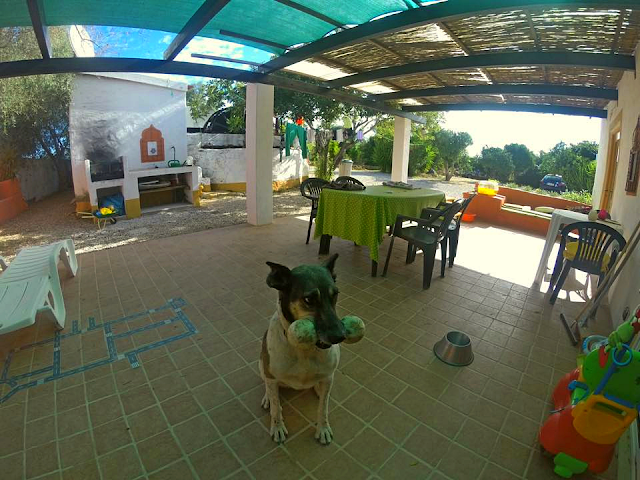Don’t you hate it when you want to travel the world safely and comfortably but you’re broke af? I know I did: In 2013 I graduated with £20K of student debt weighing on my shoulders and zero job opportunities to look forward to (which is ironic because I specifically chose to study maths for all the good job opportunities, lol). Additionally, after three years of corrupt, unjust landlords, I had zero desire to rent, but (with that minus £20K in the bank) it wasn’t like I could be a boomer and buy a house. So, I did what any sane person would do, and hopped on the next flight to the other side of the world. Why? Because I’d found a long-term house sit opportunity in Australia:
1. What is House Sitting?
House sitting is a life-hack that, when done correctly, benefits everyone involved. House sitters take care of homeowners’ houses (and often their pets) while they travel. This allows homeowners to genuinely relax during their holidays, confident that their home and pets are in safe hands. It saves them hundreds or even thousands on expensive pet kennels, preventing the trauma often faced by pets who dislike these environments.

Pets generally love their homes and routines. House sitters follow these routines closely, often causing pets to not even notice their owners have left. A little hack: homeowners can leave behind an unwashed jumper or blanket, providing comfort to the pets if they miss them. In return for caring for homes and pets, house sitters receive free accommodation, typically more comfortable than hostels or hotels (you get a whole house!). Additionally, many homeowners’ properties are luxurious—think pools and private beaches. The companionship and routines that come from living with pets also enrich the house sitter’s experience. Most importantly, house sitters gain a deeper understanding of what it’s like to live in a place from the perspective of locals, providing a more authentic experience than a tourist in a hotel. Therefore, house sitting is generally considered a win-win-win situation:
- Win for the homeowners (peace of mind during their trip thanks to free pet care);
- Win for the house sitters (travel the world essentially for free);
- Win for the pets (avoid the stress of kennels).

Do You Get Paid for House Sitting?
As a general rule of thumb, no, you don’t get paid for house sitting, as it’s a barter agreement (look after the pets, in exchange for free accommodation). This setup makes house sitting ideal for location-independent individuals who can work anywhere or may not require employment at all. For instance, house sitting is appealing to many authors looking for a peaceful environment to finish their work, retirees with the means to travel, and, of course, aspiring bloggers like myself. House sitting gave me the ability to achieve location independence, the freedom of time, and the opportunity to start my blog, all while avoiding the burdens of rent or a mortgage.
Long-Term House Sitting
There are two main approaches to long-term house sitting. The first is to find homeowners who are away for extended periods—6 months to a year, for instance. I once house sat for a couple in Greece who split their time between the UK and Greece, which was an incredible experience. Long-term house sits often entail home care only (without pets), though occasionally you may find opportunities involving pets. Alternatively, you can organize shorter house sits back-to-back. For instance, during my early days of house sitting in Australia, I arranged various stays, ultimately accumulating nine months of accommodation in that country.

Subsequently, I returned to Europe, applying the same strategy, and netted two years of rent-free living across various countries, including Italy, Greece, Portugal, Spain, Finland, Germany, Hungary, the UK, and the Netherlands, all with no rent payments. The only costs were transportation between places, which I managed affordably through budget options like megabuses and budget airline flights. Furthermore, homeowners often plan their vacations well in advance, granting ample time for securing economical transport options. Without house sitting, I may never have had the opportunity to experience such diverse countries, especially during my 20s.
Conclusion: How to Become a Long-Term International House Sitter
In conclusion, my experiences and insights on house sitting have been transformative, allowing me to travel while enjoying comfortable accommodations. I hope my sharing has been enlightening and provides valuable advice to prospective house sitters, steering them clear of common pitfalls. If you have any questions, feel free to reach out! Enjoy the journey of house sitting!
